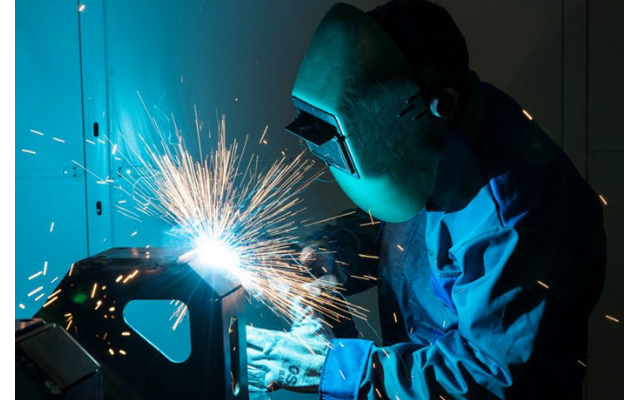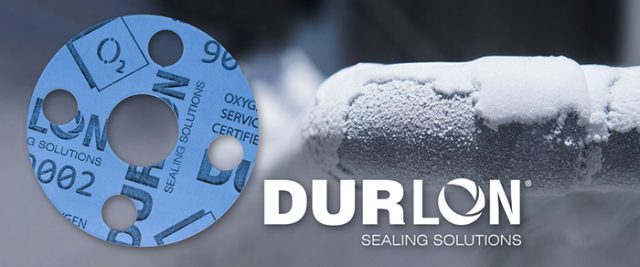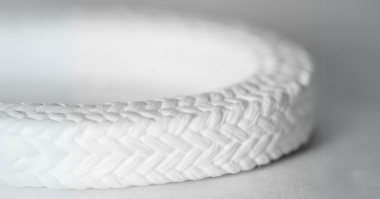By: Michael Pawlowski and Sylvia Flegg; Triangle Fluid Controls Ltd.
Modern technology often requires rare or ultra-pure materials that can only be handled or obtained within extreme environmental conditions. These same conditions present unique and hazardous difficulties when transporting or utilizing these resources. Resources such as liquid oxygen, nitrogen, or argon; all of which are classified as “industrial gases” are handled well below the normal temperature ranges that every-day liquids exist; ranging as low as -195.8°C (-320.4°F).
As an example, let’s look at argon; an important gas used in Welding, Neon Lights, 3D Printing, and Metal Production, just to name a few. It is far more economical to house and transport argon in its liquid state. However, it must be held at an astonishingly low -185.9°C. Fitting the pipes together and maintaining a seal in a cryogenically engineered system that the liquid argon is housed presents unique difficulties. Argon gas is colourless, odourless, tasteless and can irritate the skin and the eyes on contact, and in its liquid form it can cause frostbite.
Proper Gasket Installation
Many gasket materials can become brittle, crack, shrink, and blow out when exposed to extreme cold – not something you want to happen at any time let alone with a liquid that can freeze you into a meatsicle. So, proper installation is also key! During installation, it is important that all parts are dry, the installation is done at ambient temperature and then re-adjusted with changes in temperature.
Cryogenics
Any mechanical seal that is sealing a product with a temperature below 0 degrees Celsius is given the name “Cryogenic”. Liquefied gases (LNG), such as liquid nitrogen and liquid helium, are used in many cryogenic applications, as well as hydrocarbons with low freezing points, refrigerants and coolants.
When selecting a gasket or sealing material to be used in cryogenic service then it is important that the material can withstand cryogenic temperatures.
Low temperature applications are found across many industries, these include:
- Chemical
- Food
- Pharmaceutical
- Refrigeration
- Petroleum
- Automotive
Durlon® PTFE Gasket Material
A good material that can withstand the frigid cold and remain ductile is required to maintain the seal, and the standard go-to is polytetrafluoroethylene (PTFE). Durlon-9000’s low temperature threshold of -212 degrees centigrade makes it capable of withstanding the hostile environment demanded from handling ultra-cold and this glass filled PTFE is capable of resisting thermal contraction which otherwise might compromise the integrity of the seal.
As with all gasket applications, environmental conditions should be considered in conjunction with the functional requirements of the device. Learn more about our various Durlon PTFE products.
https://empoweringpumps.com/products/triangle-fluid-controls-durlon-9000-9000n-inorganic-ptfe/






Comments